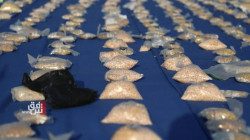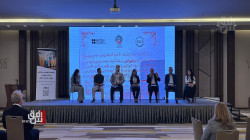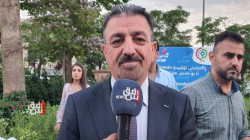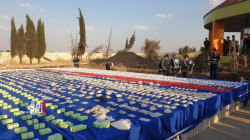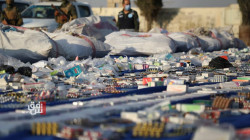Treatment and Deterrence: Iraqi Chief Justice calls for a national strategy to combat drugs
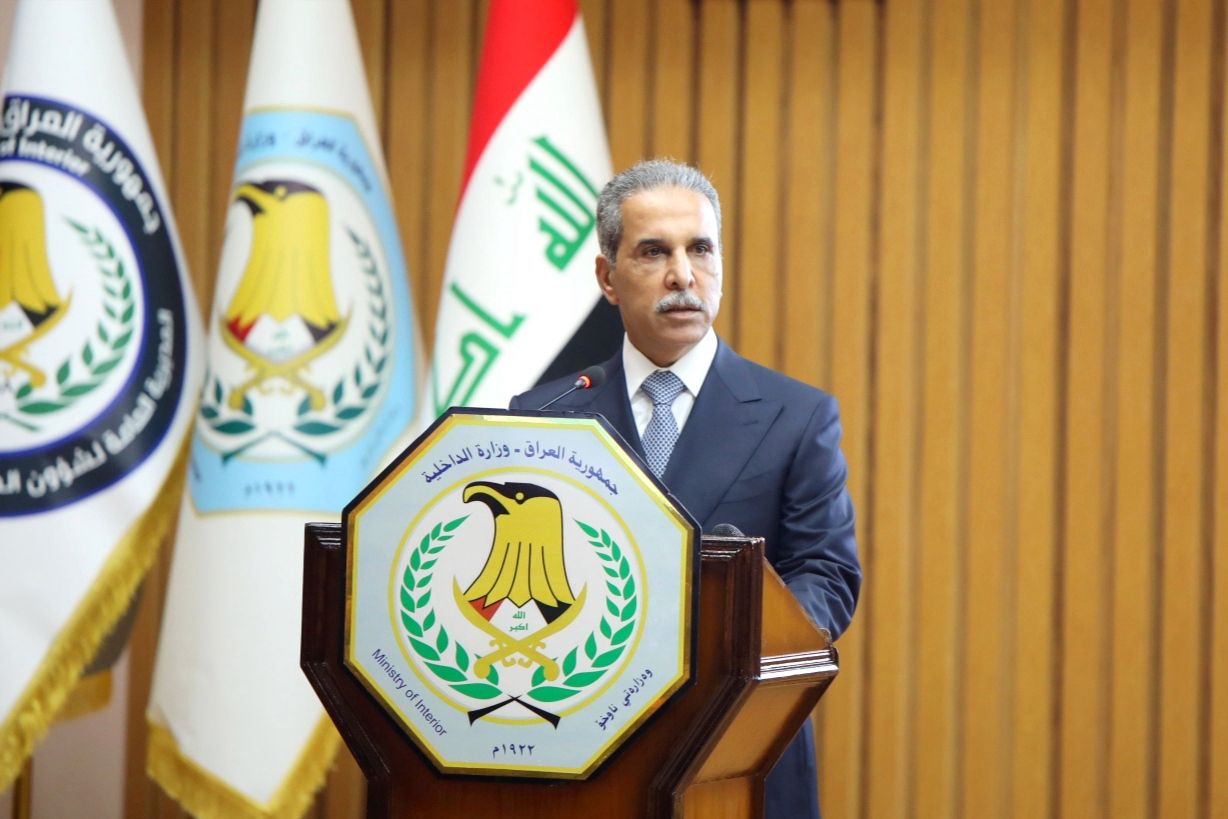
Shafaq News/ Iraqi Chief Justice Faeq Zidan on Saturday called for establishing a comprehensive national drug strategy that builds "an integrated working relationship" between the judiciary and security forces.
In a speech at the annual conference of the General Directorate of Narcotics and Psychotropic Substances, Zidan said that "drugs were not until recently a social, health, cultural, or legal challenge in our country."
Iraq, which borders Iran, Syria, and Saudi Arabia, has long been a transit country for the region's ballooning trade in amphetamine-type drugs and other narcotics. But in recent years, Iraq itself has witnessed a dramatic spike in drug abuse, prompting authorities to search for answers, both by cracking down on traffickers and by providing help to addicts.
"Iraq was far from the lists of statistics on drugs and their trade," he explained. "However, the negative aspects that accompanied, or resulted from, changes in governance and society led to the emergence of this phenomenon."
"To address this dangerous phenomenon, it is necessary to develop a comprehensive national strategy that has at its core the establishment of an integrated working system between the judiciary and the security agencies responsible for combating drugs."
"This would begin by closing the loopholes that have been revealed by the judicial application of the Narcotics and Psychotropic Substances Act No. 50 of 2017, which are exploited by major drug traffickers and financiers to escape punishment, and by making appropriate legislative amendments to this law."
Judge Zeidan advocated for what he called "the duality of deterrence and treatment" by establishing rehabilitation facilities "run and supervised by healthcare professionals, but also offers social and religious institutions and organizations a role in prevention, treatment, and rehabilitation."
Methamphetamine, or crystal meth, originating in Afghanistan or Iran, is among the most common drugs in Iraq today, alongside captagon, which is produced on an industrial scale in Syria and trafficked via Iraq to Saudi Arabia and other oil-rich Gulf states where it has gained notorious popularity.
Iraqi security forces announce near-daily drug busts and arrests, in operations supported by intelligence and cooperation with neighboring countries. Authorities detained more than 10,000 suspects between October 2022 and June 2023 for crimes related to narcotics - traffickers, resellers, or consumers.
According to the government agency, security forces also seized 10 million captagon pills and 500 kilograms (1,100 pounds) of other drugs including at least 385 kilograms of crystal meth.
A regional meeting hosted by Baghdad in May saw "the creation of a shared database" to exchange information between authorities across borders.
